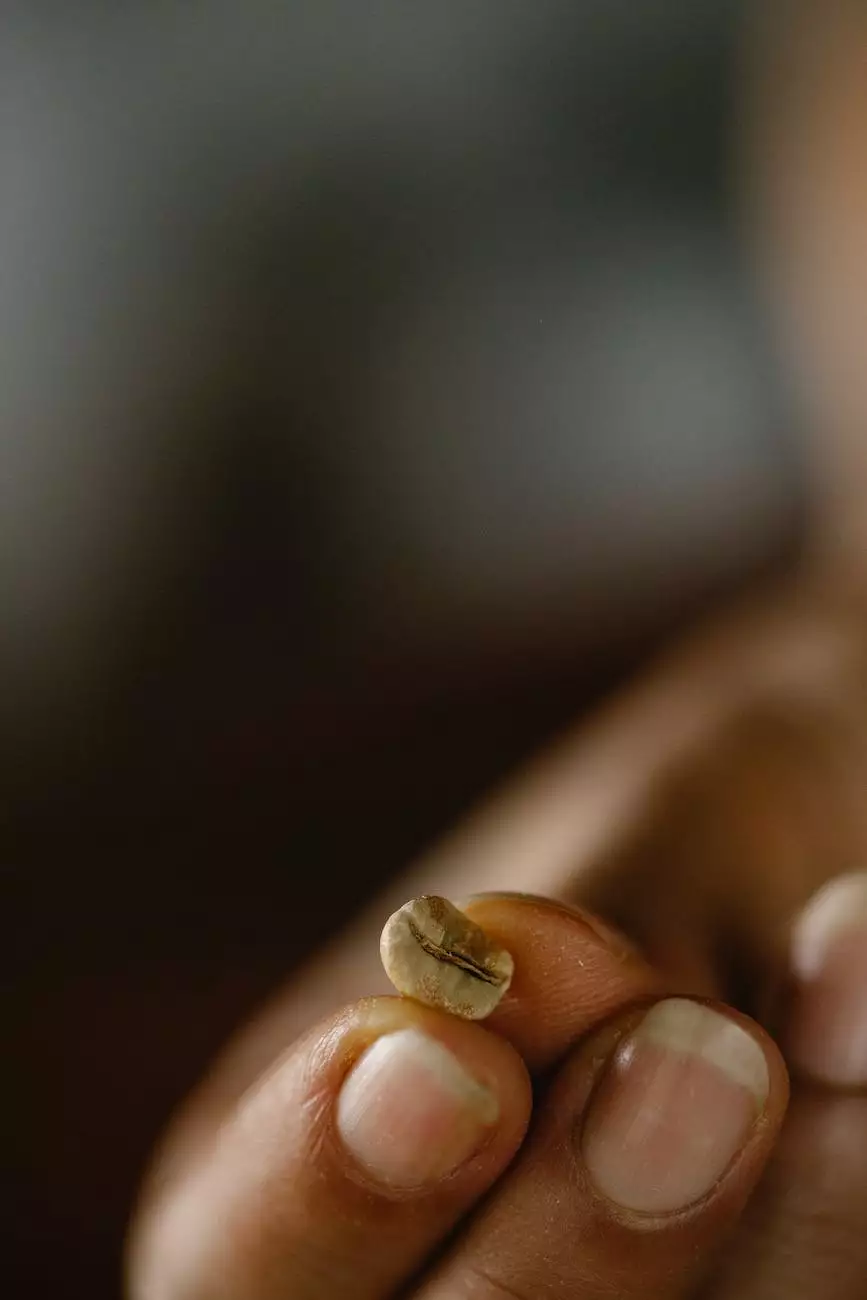How to Deal with Itching?
Patient Reviews
Welcome to Gentle Rolfing, your trusted resource in the field of health. In this comprehensive guide, we delve into the topic of itching, providing you with valuable insights, tips, remedies, and expert advice on effectively dealing with itching and promoting overall well-being.
Understanding Itching and its Causes
Itching, also known as pruritus, is a common sensation that triggers the desire to scratch the affected area. It can occur due to various reasons, including:
- Allergies and sensitivities
- Dry skin
- Insect bites and stings
- Skin conditions such as eczema, psoriasis, or dermatitis
- Fungal or bacterial infections
- Internal diseases or disorders
Effective Remedies for Itch Relief
When dealing with itching, it's important to address the root cause and seek appropriate remedies. Here are some proven methods to relieve itching:
1. Moisturize Your Skin
Dry skin can exacerbate itching. Regularly moisturize your skin using hypoallergenic creams or lotions. Look for products containing ingredients like aloe vera, shea butter, or ceramides that help hydrate and soothe the skin.
2. Apply Cold Compresses
If itching becomes intense, applying a cold compress can provide temporary relief. Wrap ice cubes in a clean cloth and gently press it against the itchy area for a few minutes. Avoid direct contact with the skin to prevent frostbite.
3. Avoid Irritants
Identify and avoid substances that may trigger or worsen itching. Common irritants include harsh soaps, chemicals, certain fabrics, and allergens. Opt for gentle, fragrance-free products and clothing made from breathable materials like cotton.
4. Practice Proper Hygiene
Keeping your skin clean is essential in managing itching. Take regular showers using mild, pH-balanced cleansers to avoid stripping the skin of natural oils. Pat your skin dry with a soft towel instead of rubbing vigorously.
5. Use Over-the-Counter Remedies
Pharmacies offer a wide range of anti-itch creams, ointments, and oral antihistamines. Read the labels carefully and consult with a healthcare professional to select the most suitable product for your specific condition.
6. Try Natural Remedies
Seek relief from itching using natural remedies that are often gentle and free from harsh chemicals. Some popular options include applying aloe vera gel, chamomile tea compresses, or colloidal oatmeal baths. However, always do a patch test and consult with a professional before trying any new remedy.
When to Seek Medical Advice
In most cases, itching is temporary and can be managed with simple remedies. However, if the itching persists, worsens, or is accompanied by other symptoms, it's crucial to seek medical advice. Consult a healthcare professional if you experience:
- Severe and persistent itching
- Rashes or skin lesions
- Fever or signs of infection
- Unexplained weight loss
- Joint pain or swelling
- Breathing difficulties
Gentle Rolfing provides comprehensive wellness resources to support individuals seeking information on various health topics. Our team of experts is dedicated to delivering reliable insights and guidance to help you lead a healthy, itch-free life.








